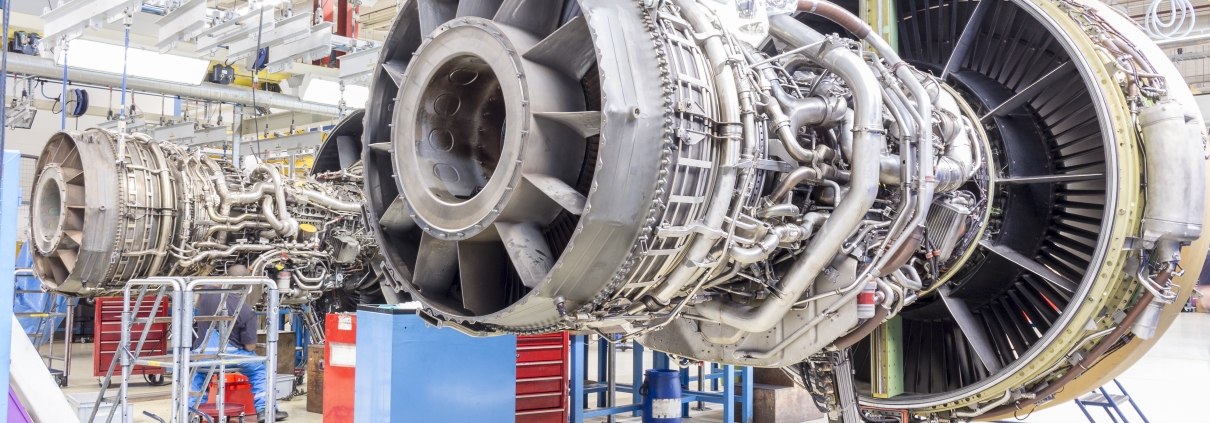by Luis Rojas
MEXICO CITY, Jan. 23 (Xinhua) — With a growing number of international tourists, Mexico’s aeronautics industry is poised for record growth, experts say.
Relatively a “young” industry in Mexico, the aeronautics industry has seen a sustained annual export growth of about 15 percent since records began in 2004, when exports brought in 1 billion U.S. dollars, according to the Mexican Aerospace Industry Federation (FEMIA).
The export revenue of the sector, which employs some 60,000 people, amounted to about 8.5 billion dollars in 2018, while in 2017, the figure was 7.6 billion dollars with 50,000 employees, attesting to the dynamic growth of the industry, said FEMIA’s Director General Luis Lizcano.
“In less than a decade, Mexico has succeeded in consolidating a competitive structure in this sector… Mexico now ranks the world’s 12th in exports and the exports will continue to grow in every area of an airplane, from the interiors to structures, landing gear, turbines, design and maintenance,” said Lizcano.
Mexico is home to more than 300 industrial plants operated by about 100 domestic and overseas aeronautics companies, most concentrated in its northern states. And as much as 80 percent of its aeronautic products goes to the United States.
“The industry proved to be much more resistant to global ups and downs, and is more stable in economic and financial aspects” than other industries, said FEMIA’s President Felipe de Jesus Sandoval.
“There is an immense, impressive opportunity for the aeronautics industry to develop its capacity as the automotive industry has successfully done,” Sandoval said, adding that the aeronautics industry only takes up 5 percent of the manufacturing chain, compared with 65 percent for the automotive industry.
Daniel Parfait, president of the Mexican branch of Safran, a French multinational aircraft engine maker, said his company is allotting more investment each year to expand capacity, given the solid demand for products. “The outlook is absolutely excellent,” he said.
“We haven’t felt any impact from the trade negotiations between Mexico and its partners, and I think it will stay that way,” he added, referring to last year’s renegotiation of the North American Free Trade Agreement (NAFTA), now called the United States-Mexico-Canada Agreement (USMCA).
Safran operates 20 facilities in Mexico and now employs 13,000 people, up from 4,000 in 2012. The company’s global sales grew 26 percent last year, a percentage that also applies to Mexico, said Parfait.
“The aviation industry is going to double. There is a lot of growth in terms of the number of passengers and production is going to increase,” said Edward Tobon, regional director for Boeing Latin America.
“The biggest supplier for us is Mexico, and in terms of aviation growth, Brazil is also important, but the region is good in general,” he added.
In Mexico, Boeing acquires around 1 trillion aircraft parts each year. The demand from Latin America for Boeing airplanes stand at 1,500, a figure Tobon expects to double over the next 15-20 years.
Latin America expects an annual growth of 3.6 percent in tourism flow to reach 731 million by 2037, up by 371 million from the current figure.
SOURCE: http://www.xinhuanet.com/english/2019-01/23/c_137768011.htm




